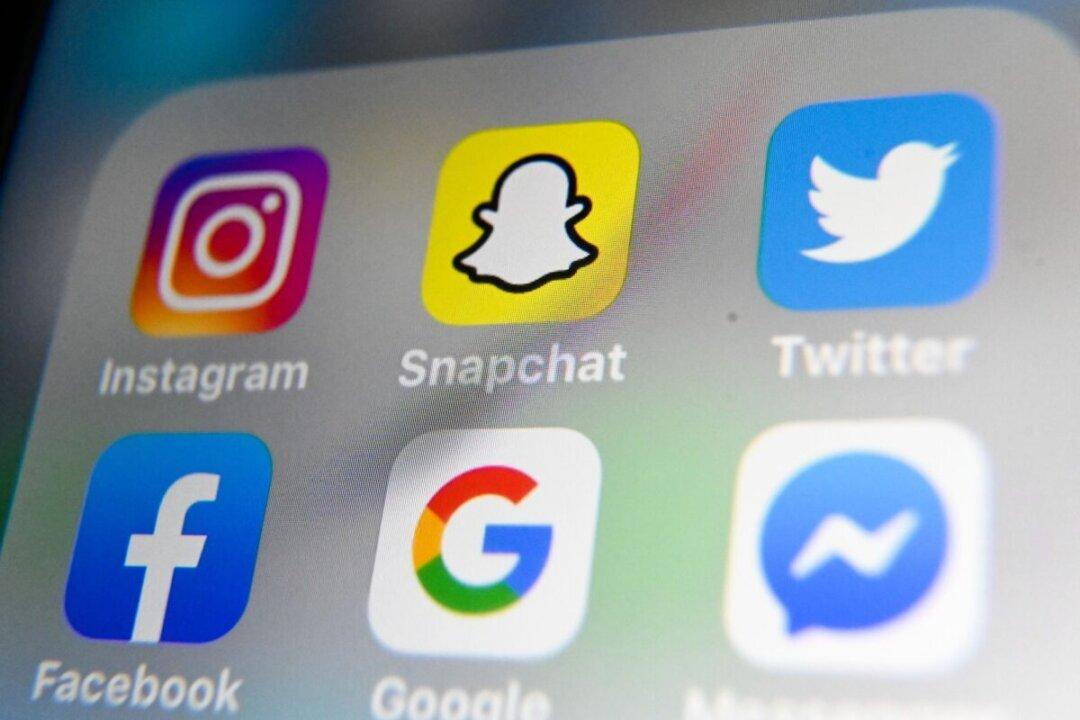Requests to access the electronic data of alleged criminals are expected to increase under a cloud data sharing treaty made between Australia and the United States.
Under the Australia-US CLOUD Act Agreement, which was signed between the two countries on Dec. 15, 2021, Australian and U.S. intelligence and law enforcement agencies will be allowed timely access of data on serious crimes from alleged criminals, including in cases of child sexual abuse, ransomware attacks, terrorism, and the sabotage of critical infrastructure over the internet.





